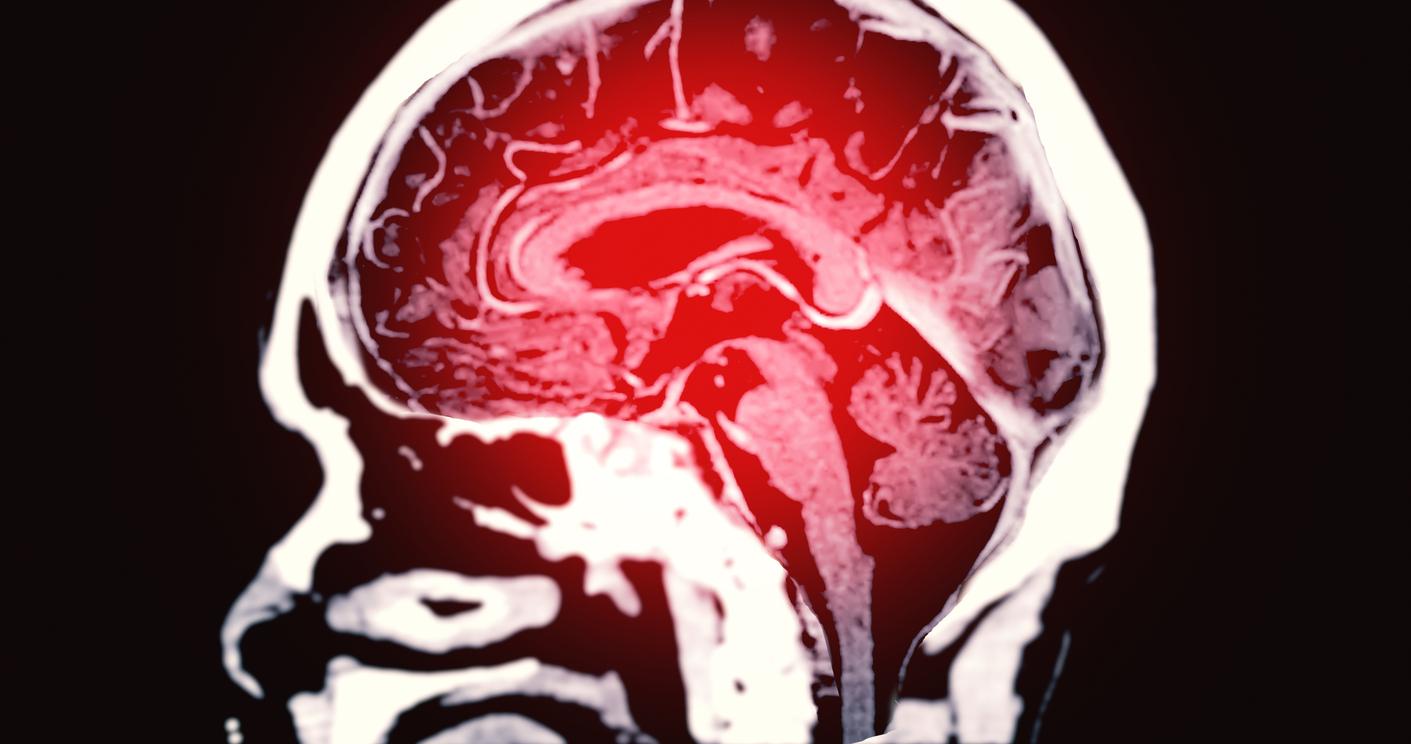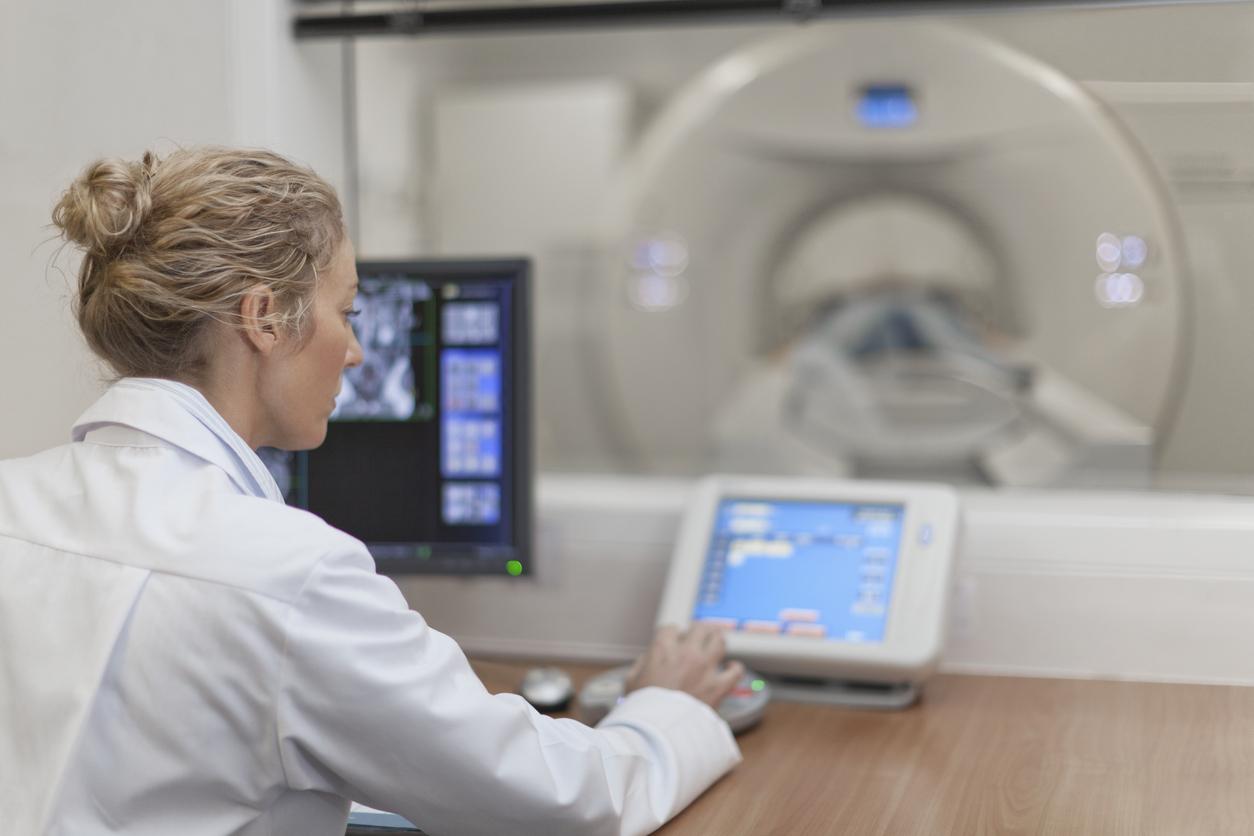Social isolation and loneliness seriously affect cardiovascular health. Their impact would be comparable to that of anxiety or stress at work.

While there are over 7 billion human beings on Earth, we have never felt so lonely. In January 2014, a investigation conducted by the Fondation de France revealed that one in ten French people felt excluded, abandoned or even useless.
Loneliness and social isolation that seriously harms health. Indeed, according to a study published this Tuesday in the scientific journal Heart, lack of social connection is linked to an approximately 30% increased risk of suffering from a stroke or of developing coronary heart disease, the two main causes of death in high-income countries.
British researchers at York University examined around 20 studies involving more than 181,000 adults followed between the ages of 3 and 21. During these various studies, more than 4,600 cases of coronary heart disease and 3,000 strokes have been reported.
Effect comparable to anxiety and stress
The causes of these pathologies are multiple: high blood pressure, high cholesterol or diabetes. But researchers have shown that loneliness and social isolation are associated with a 29% increased risk of suffering from a heart attack or angina, and a 32% increased risk of suffering from a heart attack. Stroke. Scientists point out that these devastating effects on the heart are comparable to those of anxiety or stress at work.
Other work has also highlighted the harmful impact of loneliness on the immune system. A study presented in PNAS in November 2015 revealed that social isolation modifies the expression of genes involved in immune defenses. The result: people who are isolated are more vulnerable to bacterial and viral infections.
Loneliness is therefore a major public health concern. A concern that must mobilize the public authorities, estimates researchers at York University. They stress the importance of forging social links in order to reconnect individuals and promote well-being.
The social media paradox
A desire shared by many French people. In July 2015, a Ifop poll conducted for the Fondation de France showed that 7 out of 10 people were ready to invest in social actions to break the isolation. Unfortunately, the deeds do not follow. More than 60% of French people questioned admitted that they were not involved in an association.
In a editorial accompanying the study published in Heart, Julianne Holt-Lunstad and Timothy Smith of Brigham Young University (Utah, United States) underline a paradox. The proliferation of social networks and the construction of a virtual social life have not brought people together, quite the contrary. Their massive and dazzling appearance has profoundly changed the way people interact. “Have social interactions via technologies reduced or replaced face-to-face interactions and / or impaired our social capacities?” Ask the doctors without being able to answer. For the latter, the absence of social ties must be taken into account by health professionals in the same way as the recognized risk factors to assess the state of health of their patients.
.

















